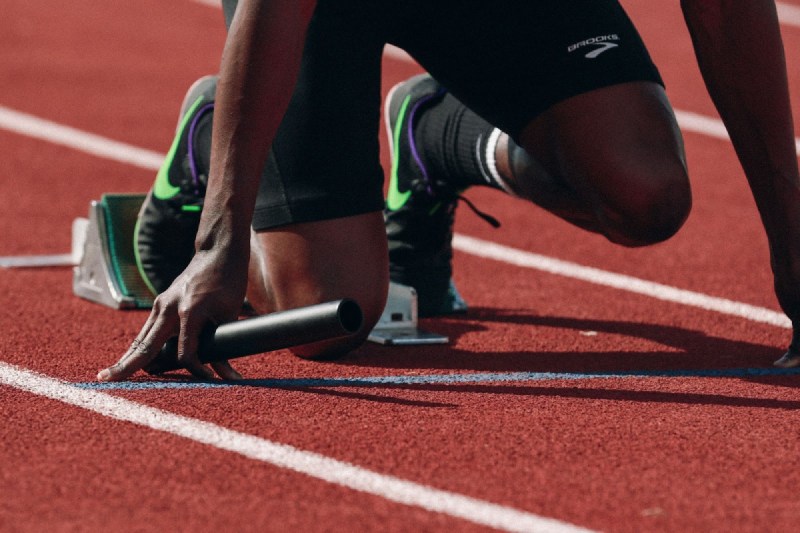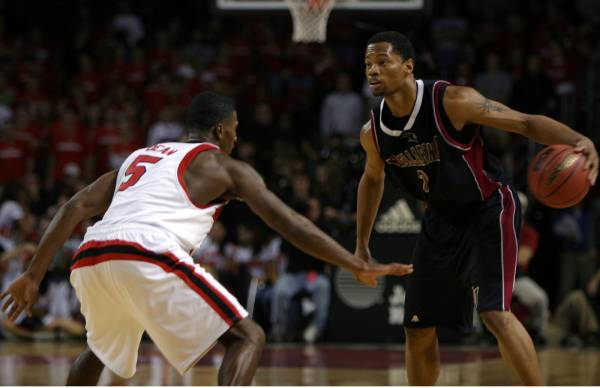Sports
August Wolf’s Guide for Boosting Athletic Excellence: Balancing Sports and Academics

Student-athletes face unique challenges as they balance academic and athletic responsibilities. Time management becomes a critical factor, as sports and academics require considerable time and energy. Schools and coaches play an instrumental role in supporting student-athletes, helping them navigate the pressures of their commitments. Furthermore, the skills developed such as leadership, discipline, and teamwork carry over into future careers and personal endeavors.
Many student-athletes who have successfully maintained this balance act as inspirational examples, demonstrating that it is possible to excel in both without sacrificing one for the other. The long-term benefits of a balanced approach are vast, including better preparation and a heightened sense of personal growth. As August Wolf highlights, striking a balance between sports and academics not only leads to immediate success but also sets the stage for long-term achievements in all areas of life.
The Importance of Balancing Sports and Academics
Balancing sports and academics is crucial for student-athletes as it helps shape well-rounded individuals who are prepared to face challenges. However, maintaining an equilibrium between sports and academics isn’t always easy, especially with the demands placed on student-athletes. They often find themselves juggling rigorous practice schedules with academic deadlines, which can lead to stress or burnout. Despite the challenges, those who manage to create a balanced routine often find that excelling in both leads to greater satisfaction and opens up long-term opportunities.
Time Management and Goal Setting
Effective time management is one of the most essential skills for student-athletes, as they need to divide their time between two demanding commitments: academics and sports. A well-structured schedule can help ease the stress of managing multiple priorities. Many student-athletes rely on tools like planners, mobile apps, or even mentorship from academic advisors to stay on track. But beyond just scheduling, the ability to prioritize tasks based on deadlines and importance is what truly sets successful student-athletes apart.
Setting realistic and achievable goals is another aspect of maintaining balance. By establishing clear, marks in sports and academics, student-athletes can work toward their ambitions without becoming overwhelmed. These goals should be specific and measurable, allowing students to track their progress over time and make necessary adjustments.
Support from Schools and Coaches
Schools and coaches play a vital role in ensuring that student-athletes have the support they need to excel. Educational institutions that prioritize a holistic approach to student development often provide tailored resources, such as tutoring programs or academic advisors, specifically for athletes. Flexible academic schedules can also make a big difference, allowing athletes to meet their obligations without sacrificing their training or schedules.
Coaches, in particular, are uniquely positioned to mentor student-athletes in ways that go beyond the sports field. By emphasizing the importance of academic success alongside athletic performance, coaches can inspire athletes to take their studies seriously while also pushing them to excel in their sport. Coaches who collaborate with teachers or academic counselors create a more cohesive support system, ensuring that students receive well-rounded guidance. In some cases, coaches even adjust practice schedules to accommodate academic needs.
Acquiring Transferable Skills
Student-athletes often develop a unique set of transferable skills that extend far beyond the sports field and the classroom. These skills, such as leadership, discipline, and teamwork, are cultivated through athletic and academic experiences. Whether it’s managing a group project or leading a team to victory during a game, athletes learn how to communicate effectively and inspire those around them.
Additionally, sports and academics require a high degree of discipline and time management, which are valuable in any professional setting. Athletes are accustomed to following structured routines, adhering to deadlines, and making sacrifices to achieve their goals—all of which mirror the demands of the working world. Problem-solving is another skill that emerges from balancing these two demanding pursuits.
Examples of Success
There are numerous stories of student-athletes who have excelled in both academics and sports, serving as inspiring examples of what can be achieved with balance and dedication. Some have gone on to receive prestigious scholarships, not just for their athletic prowess but also for their academic achievements. Their success is often linked to their ability to manage their time effectively, set clear goals, and take advantage of the support systems available to them.
In many cases, these individuals credit their success to the lessons they learned from balancing both worlds. Some athletes are not only top performers in their sports but also graduated at the top of their class, showing that the skills developed in athletics—such as resilience, focus, and teamwork—can be applied just as effectively in the classroom. Their accomplishments demonstrate that excelling in multiple fields is possible with the right mindset and support.
Long-Term Impact of Balancing Sports and Academics
The benefits of balancing sports and academics extend far beyond school. Students who learn to excel in both often find that they are better prepared for future opportunities, whether that’s earning athletic or academic scholarships, pursuing higher education, or entering a career. The discipline required to maintain this balance builds a work ethic that serves them well in any field they choose to enter. Many student-athletes find that the skills they developed during their time in school give them an edge in the workforce, where time management, goal-setting, and team collaboration are vital.
Student-athletes who successfully navigate the demands of both worlds often emerge with a sense of confidence and self-discipline that sets them apart from their peers. They are more likely to take on leadership roles and thrive in fast-paced, high-pressure environments, whether in professional sports, business, or other fields.
Disclaimer: This is a sponsored piece of content. Time Bulletin journalists or editorial staff were not involved in the production or writing of this content.
-

 Business3 weeks ago
Business3 weeks agoNayef Doleh Examines International Humanitarian Fundraising Strategies
-

 Business3 weeks ago
Business3 weeks agoHow Black Banx is Redefining Global Banking Strategies in 2025
-

 Business2 weeks ago
Business2 weeks agoHow to fill MSME Form 1? Step-by-Step Guide
-

 Education4 weeks ago
Education4 weeks agoSchool Of Odd Thinkers – Think Odd, Learn a lot, and Earn a lot
-

 Tech4 weeks ago
Tech4 weeks agoMicrosoft Teams to End SMS Messaging Feature Support for Android Phones and Switch to Phone Link App as Alternative
-

 Festivals & Events3 weeks ago
Festivals & Events3 weeks agoInteresting Facts about St. Patrick’s Day
-

 Education4 weeks ago
Education4 weeks agoJeffrey Laino Offers a Close Look at Literary Analysis Implementation
-
Business2 weeks ago
From Marine to Chief: The Leadership Journey of Sean Mannix






















